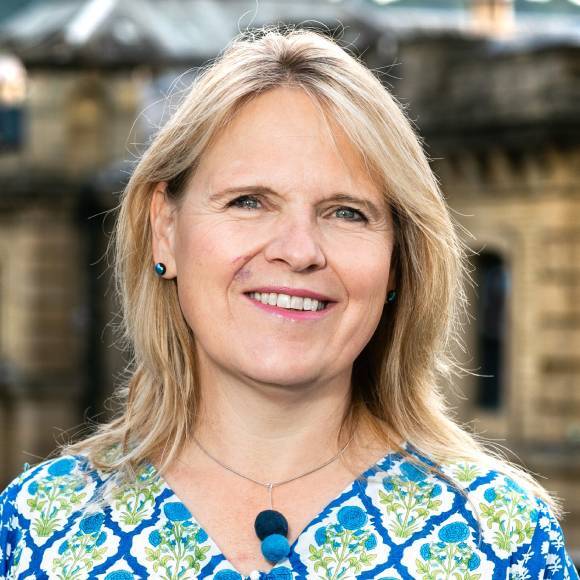The relational state and new municipalism

Chair, The Young Foundation
Helen Goulden, the Chief Executive of the Young Foundation, wrote recently that “the UK’s public services are in acute crisis. Political trust is on the floor. The struggles people and communities face are many and deeply knitted together. We must be prepared to unravel and reweave for the common good”. In this turbulent moment, local government is uniquely placed to convene people, agencies, and sectors, put weight behind a ‘common cause’, and collectively problem solve — as it did during the unprecedented times of Covid-19.
Throughout my time in local government, I worked with councillors and officials who were passionate about the people, places and communities they served. I saw leadership at all levels which was mission-led, devised innovative solutions to the wide-ranging, complex challenges faced by councils, and delivered outcomes for and with communities. They did this in the context of a rapidly declining resource base and ever-increasing demands for statutory services.
However, if we want ambitious, innovative system leadership to flourish, there are some key conditions that must be met:
1. Financial stability
The fiscal foundations of local government require urgent reform. Neither the council tax nor business rates systems are fit for purpose. The steady decline of progressive redistribution as a policy at national level, dependence on the local tax base, a council tax capping regime and tight restrictions on the use of revenues generated, have left places (in particular, places with higher levels of poverty) with less resources to meet need.
2. Parity of esteem
The new Government has made significant statements about the importance of local democracy. The commitment to extending devolution and the formation of a Local Government Leaders' Council is hugely welcomed. However, I don’t underestimate the cultural change that will be required to move beyond ‘earned autonomy’ and ‘assumed superiority’ as an approach. A radical rethink is required if we are to achieve mature, effective multi-level governance in the UK.
3. Successful collaboration
Siloed working in professional, functional groupings and hierarchical working in local government remains a barrier to effective partnership working. Successful collaboration is built from relationships marked by mutualism, reciprocity, negotiation and compromise. People must be equipped and encouraged to share their expertise with those of different perspectives. Similarly, the lived experience and knowledge of front-line staff is too often overlooked and should be drawn upon as policy and programmes are developed.
4. A redesigned social contract
To transform life in the UK, I believe we must build common cause between people and communities, tapping into the collective wisdom and assets of a place, negotiating and managing tensions and aspirations, embracing opportunities and tackling challenges. As we do this, we move beyond the benevolent paternalism of the post-war settlement towards a new definition of citizenship and valuing of representative and participatory democracy.
